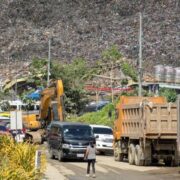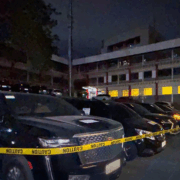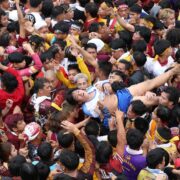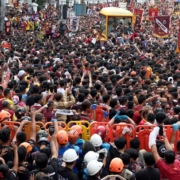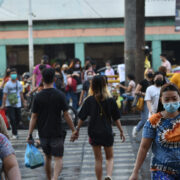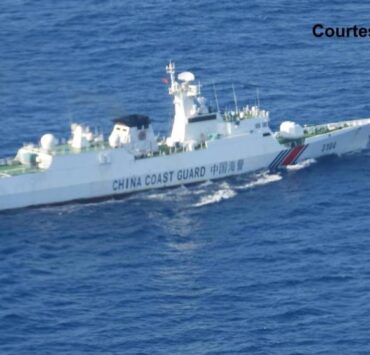BI claims ‘spies’ were PH residents for decades
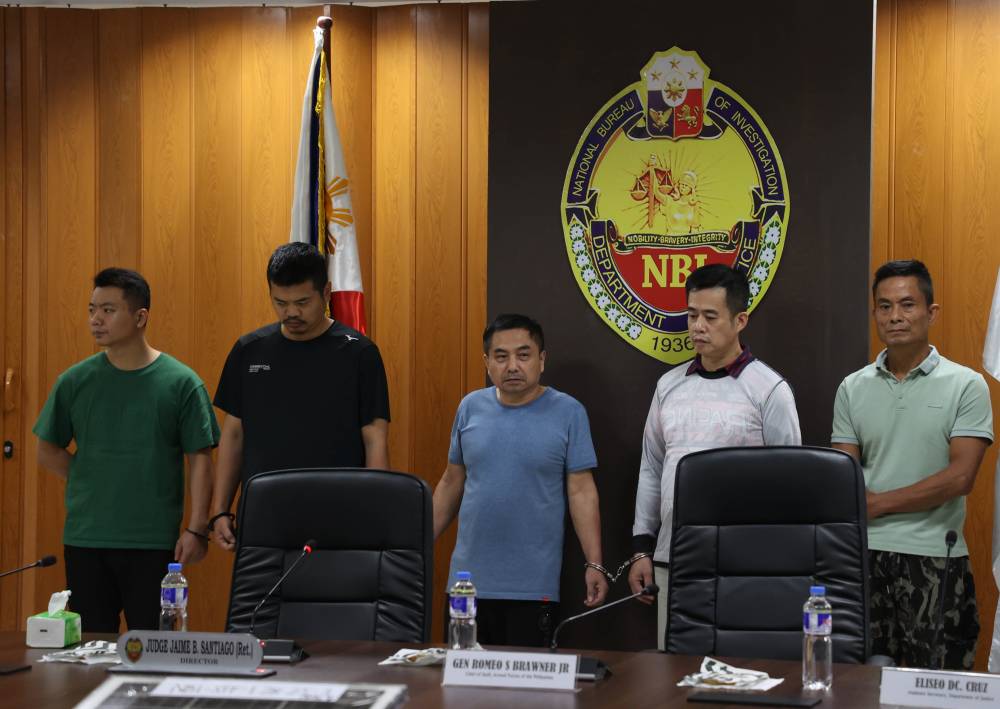
The Bureau of Immigration (BI) claimed on Sunday that the alleged foreign spies recently arrested by authorities had been staying in the Philippines for decades.
Immigration Commissioner Joel Anthony Viado said that, based on an investigation into the records of the alleged spies, they had been in the Philippines for decades and had “seemingly embedded themselves [in] society.”
“They have been holding legal statuses and have lived in the country for a long time before being found to be engaging in suspicious activities by the National Bureau of Investigation (NBI) and the Armed Forces of the Philippines (AFP),” Viado said in a statement.
“Some have been here as early as 2002,” he added.
‘Undesirable aliens’
The BI chief noted that some of the arrested individuals held work visas tied to companies based in San Juan and Manila, while others were married to Filipinos.
Following their investigation, Viado urged citizens to report any suspicious activities of foreign nationals that might be detrimental to national security.
“We are serious in our efforts to stop these undesirable aliens from abusing our hospitality,” he said, adding that they are working closely with the Department of Justice, NBI and AFP to gather information about the suspects.
At a press conference on Jan. 30, the NBI presented five more alleged Chinese spies who were reportedly monitoring the Philippine Coast Guard (PCG) and Philippine Navy activities in Palawan, including the resupply of troops in the West Philippine Sea.
The five suspected agents were identified as Cai Shaohuang, 52; Wang Yong Yi, 52; Wu Jun Ren, 62; Wu Chengting, 38; and Chen Haitao, 36. They were arrested separately on Jan. 24 and Jan. 25 and are facing charges of violating Commonwealth Act No. 616, the 1941 anti-espionage law, in relation to Republic Act No. 10175, or the Cybercrime Prevention Act of 2012.
President Marcos said he was “very disturbed” by the arrests, adding that it was important to determine whether there were more of them in other parts of the country.
Aerial surveillance
According to the NBI, the five men had been working with Deng Yuanqing, the alleged Chinese spy arrested earlier on Jan. 17 in Makati City along with two Filipino cohorts.
The latest group of suspected spies is allegedly engaged in aerial reconnaissance via drone operations and collecting data on the Philippines’ naval assets, among other information.
They were reportedly seen frequenting Ulugan Bay, Puerto Princesa, Palawan, conducting aerial surveillance and reconnaissance, and collecting imagery intelligence on the Naval Detachment Oyster Bay in Barangay Bahile.
This site is part of the Philippine Navy’s Naval Forces West and is strategically positioned near the South China Sea.
After analyzing applications on their confiscated mobile devices, authorities discovered photos of Buliluyan ports, the Coast Guard station, vessels, small navy crafts or assets, and docks.
Other images showed the Philippine Navy’s Del Pilar Class PS 16, terrain maps overlooking Subic Bay International Airport and Naval Operating Base Subic, and a Chinese character marking embedded in a screenshot with an arrow pointing from Barreto, Olongapo, to Naval Operating Base Subic.
Footage of Philippine Coast Guard vessels BRP Teresa Magbanua and BRP Gabriela Silang were also discovered.
‘Harmless’ NGO members
NBI Cybercrime Division chief Jeremy Lotoc said the suspects gathered information by posing as “harmless” members of legitimate organizations like the Qiaoxing Volunteer Group of the Philippines and the Philippine China Association for the Promotion of Peace and Friendship Inc.
“They would establish contact with individuals who have access to valuable information without revealing their true identities,” Lotoc said, adding that the suspects used multiple identification (ID) cards with different names.
As members of these organizations, the suspects would then conduct activities, such as medical missions, sometimes with local politicians or government officials, that allowed them access to beaches and other strategic areas where they could set up surveillance cameras.
In a previous operation, the NBI arrested Deng, Ronel Jojo Balundo Besa and Jayson Amado Fernandez for alleged espionage activities targeting not only military sites in the country but also power installations.
Deng’s Filipino wife, Noemi, said her husband was not a Chinese spy and was only a road surveyor working for a company involved in the manufacturing of self-driving cars.
The Chinese Embassy in Manila had protested the government’s spy tag on Deng, saying that the Philippines should not make “baseless” allegations.





